How self-sufficient are you? Do you grow any of your own foods, or at least cook your own meals from scratch?
If not, you’re dependent on the grocery store for survival and you’re eating foods that may be killing you.
And you’re definitely spending way more than you should be on food.
But how can you change all of that?
The following scenario probably describes many people’s day, at least part of the time:
They come home from work, drop their stuff on the couch, grab a bag of chips and a soda, and relax on the couch. Later, they have a microwaved TV dinner, then, before bed, a few Oreos and a glass of cold milk that you didn’t have to extract from the cow. As a matter of fact, they have no idea where that cow even lives.
Sounds familiar? Of course it does. I just described at least one day in many people’s life, if not an average day. None of that would have been possible before 1910, because that’s when food started being processed commercially. And they would have been healthier because of it.
I’m not saying that we have to – or even should – give up all modern foods, unless we want to, of course. But I am saying that we can save a ton of money – a hundred dollars a month or more per person – and be much healthier, even if we just make simple changes in our shopping and cooking habits.
Delicious, home-cooked food shouldn’t be a treat that you indulge in, or are lucky enough to have cooked for you sometimes. It should be a regular part of your daily diet. It should actually be the other way around – you should eat fresh, homemade food most of the time and, if you must, eat processed foods occasionally.
It’s not nearly as hard as you might think to eat tasty, chemical-free food, and you can even grow it if you want, no matter where you live!
How? Glad you asked. Let’s talk about seven ways that you save money, eat better-tasting foods, and take a few more steps toward food independence.
1. Don’t Buy Too Much
How many times have you thrown away an entire package of meat or box of strawberries because they went bad before you ate them? Maybe they got lost in the back of the fridge, or you just bought way too much food.
Either way, you may as well have thrown that money right out the window on the way home from the grocery store.
You can avoid this by shopping smarter.
- Only shop for a few days at a time. Buy a week’s worth of food per trip, maximum.
- Make a list, especially for perishable foods and stick to it.
- Eat before you go to the store. Whatever you do, don’t go shopping when you’re hungry because everything will look delicious and you’ll over buy.
- Don’t impulse-buy. Placing delicious-looking temptations at the ends of aisles and beside the register is a marketing ploy used to trick you into buying things that you weren’t planning on.
- Shop the perimeter of the grocery store. There are very few good things to be found in the center aisles other than oils and maybe canned fruits and vegetables.
2. Skip the Convenience Foods
It’s great to buy shredded cheese and pre-cut veggies but it usually costs a whole lot more than if you did it yourself. This isn’t always the case because sometimes, such as in the case of broccoli bunches versus crowns, you’re paying per pound, and you can’t really eat the entire stem, so the crowns may work out to be cheaper.
However, the bagged broccoli is always going to be more expensive than either the crowns or bunches.
3. More Isn’t Always Better
Another marketing trick that grocery stores use is to reduce the price if you buy more.
For instance, something may cost 3.99, but they’ll put it on sale at two for $7. If you’ll actually use two of them, then buy them both, but if you’re only doing it to “save” money, then pass. You’re actually spending more money for food that will go bad.
Use that money to buy another item on your list.
4. Learn How to Make Food for Yourself
Did you know that you can make butter and cottage cheese from cream, or that you can a few different cheeses and yogurt at home for a fraction of the cost of what you’ll pay for it at the store?
Cheese and butter are both crazy expensive, so by learning how to make it for yourself, you’ll save money, eat a higher quality food, and be one step closer to food independence. Plus, making cheese is fun!
5. Shop at the Farmers Market
We have several farmers markets around here, but only a couple of them are really worth going to. The others have gotten so commercial that you may as well buy stuff in the grocery store. You’d think that if I went to a farmers market here in Florida, then the produce would be from Florida, right? Not always.
That being said, the produce that I buy in the grocery store isn’t typically from here, either, so I’m still saving money if I pay less for it at the farmers market. Plus, I get to meet local artisans and pick up a trick or two from them.
Now that we’re done with the tips, I’d like to go the extra mile here and give you some simple, and extremely useful ideas that can help you cut processed foods out of your diet starting today.
Make Food from Scratch
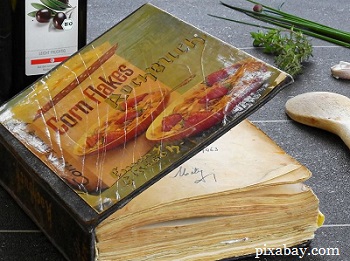
For instance, a rustic Italian sauce can be as simple as a can of tomatoes (or freshly chopped ones), some mushrooms, garlic, basil, oregano, salt, and pepper. Cheese sauce is just flour, milk, salt, pepper, and cheese.
See, that’s not so hard, right? And both of them are cheaper, tastier, and healthier than their processed counterparts.
Consider Growing Your Own Food
This doesn’t mean that you have to grow a 5-acre garden, but just growing a few of your own vegetables can save you an enormous amount of money.
For instance, I just started 30 bell pepper plants for about $3. That’s less than I’d pay for three peppers at the store. I’ll eat them fresh and I’ll use more to make sauces and salsas. And that’s just one vegetable!
And if you live in a small place, you can still grow at least some of your food. For instance, you can grow almost any vegetable in a container. You can vertical garden, and you can even get the most out of your space by growing food upside down.
With all that being said, how much money you should be spending on food? The answer is – only as much as you absolutely have to. If you can make it yourself, then do so. Processed foods didn’t become widely popular until the 40s or 50s, so our grandparents or great-grandparents grew to adulthood without ever eating a bite of “processed cheese food” or cheese curls.
I’m certainly not telling you to give up cheese curls (though you really should), but make processed foods a smaller part of your diet. Get back to the way our ancestors ate. Learn the skills that you’ll need to feed yourself and take control of your wallet, and of what you put into your body.
Even if cooking isn’t something that you particularly enjoy, you have to eat. And it’s entirely possible that even if you don’t like to cook, you may learn to love it once you figure out how easy it is.
If not, maybe you’ll enjoy gardening, or making cheese, or whatever else you decide to do to save grocery bucks, eat more healthfully, and gain food independence. You can find them all in a book on going back to eating the way that our ancestors did!
This article has been written by Theresa Crouse for Survivopedia.


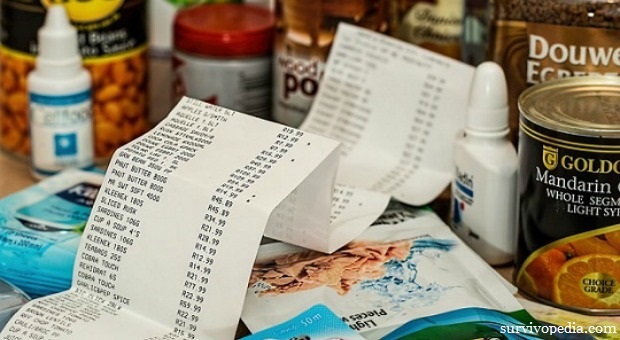

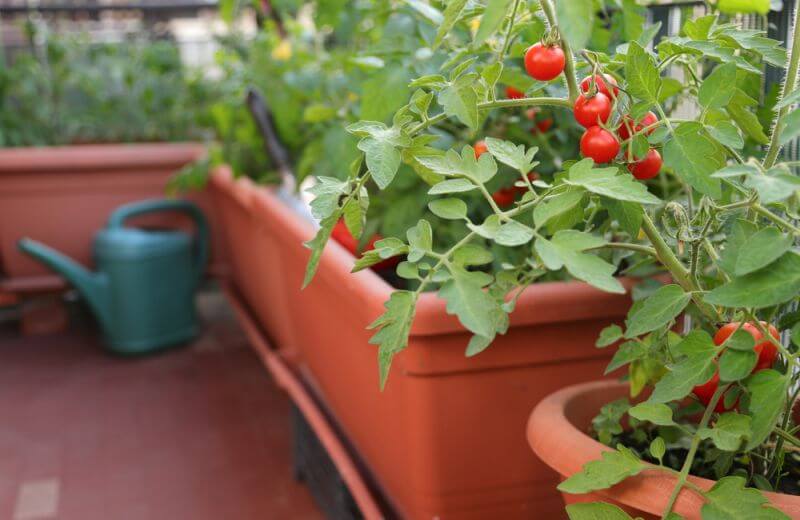
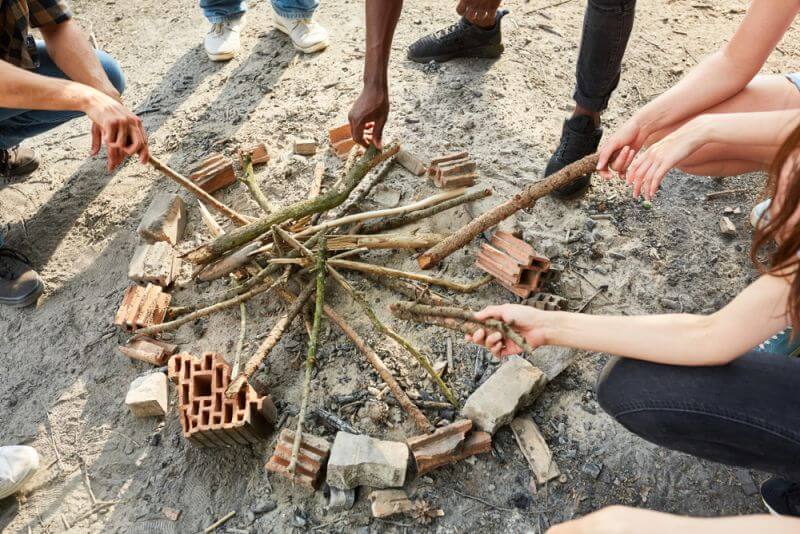
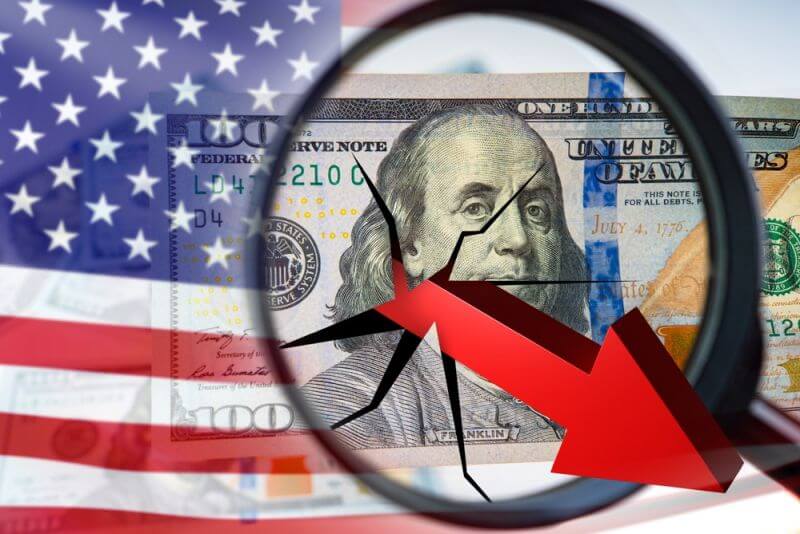
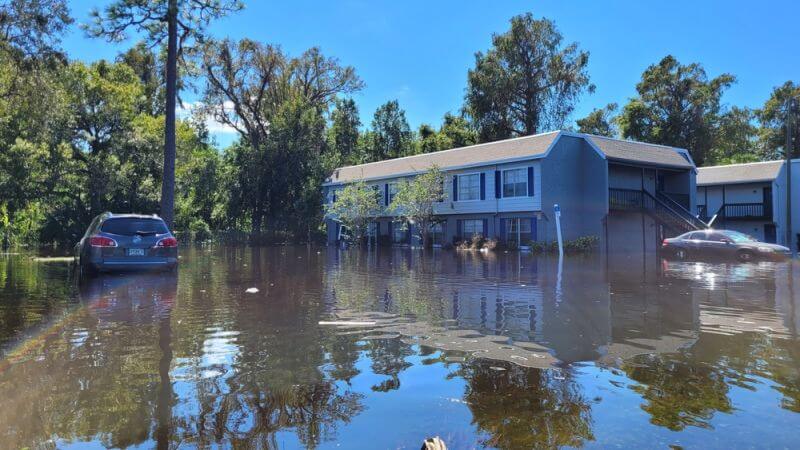

Mahatma Muhjesbude | May 25, 2017
|
As pragmatically desirable and seemingly the solution to all life’s out of control problems, The unfortunate truth with self-reliant lifestyles, especially in the form of basic off grid homesteading, is that they simply are not congruent to modern society. And the odds will always be against their suitability.
We have evolved, in programmed acquiescence since the turn of the century self-providing status quo, to a nation of intentional selective dependency upon designated collective functions delegated to be dependent upon each other for integrated general function. Like Ants. or more specifically ‘piss ants’ (from the Latin, Peon, pronounced pee-on, from the French peasant, meaning low level worker.
Put another way, the modern ‘lifestyle’ was actually designed to ESCAPE the drudgery and toil of independent living off the land and self-sustaining life style.
So that more hours out of the day could be used for pleasure, instead of painful hard work. And individual enhancement and advancement, instead of just living to have food and shelter.
We are conditioned and trained to accept this. And as AI continues to advance at mind boggling leaps and bounds, and makes life even more ‘easier’. More and more persons will become less interested in chopping wood for heat and cooking all year and growing their own food.
Those few million die hards who insist their return to old style pioneer life is better and who think they will survive a major apocalypse are simply wrong.
First of all, for every one who actually takes the dive into the cold water, two will fail. Even though the survivalist/prepper community seems to be growing, true prepper survivors are Not necessarily off grid self-reliant.
Homesteaders.
That’s why you’ll rarely see serious doomsday prepper wasting all day canning and cooking and farming and cleaning and feeding animals.
Most understand, especially the large group of babyboomer preppers, that the work involved in raw homesteading is just too physically HARD to ‘sustain’, in and of itself. Most of us are simply not that physically fit as our ancestors were.
That’s just the cold, hard, primitive reality.
Best thing to do is get your instructional materials, books, vids, supplies and equipment that you would need to ‘go into emergency primitive homesteading’ if you had to, stock up on seeds, and whatever else you’ll need for your situation. Have a rural location set up to bug to all set up, and then relax, and just enjoy the pleasures of modern life while we still can.
It’s not too bad enjoying modern life. Gives you more time to ‘activate’ against the Tyranny taking over now that will cancel out ALL kinds of life styles if we don’t focus on that more than anything else.
Jackie Dukes-Strey | May 26, 2017
|
The premise of the article is good; however, as pointed out, most city dwellers don’t have a place to garden and those like myself who are older, widowed, etc. & live about 25 miles from closest grocery store simply can’t buy for just a few days at a time. Most of here in my small village do our shopping about every other week, not 2 or 3 times a week. In addition, living alone I tend to toss almost as much as I purchase — mushrooms, tomatoes, etc. tend to go bad because I have the best intentions when I purchase but don’t always have the inclination to cook for just myself as I’d bet any single person will relate to. Canned goods, freeze dried foods, buckets of wheat for flour, beans, cornmeal, etc. are in my prepper stock along with plenty of seeds, but can’t agree with much of the info in this article.
Farmer Phyl | May 26, 2017
|
Shop the perimeter of the store…produce, meat, dairy, bread. This way you skip all the processed junk that is displayed on the aisles. Can’t remember the last time I went up and down each aisle, chips, cookies, sugary cereal, sugary juice, boxes, packages, cans, and jars are full of of processed junk. Skip it!
Bet Taylor | May 27, 2017
|
GOOD ARTICLE.
EXCELLENT IDEAS
WHAT TO DO WHEN NO ONE ELSE IS AROUND TO SHOW YOU HOW.
GRANDPA SHOWED US HIS BEE HIVES FULL OF DRIPING HONEY FOR GRANDMA TO JAR. He sold jars of it besides having his little store out back for added income for them, besides working at the bank and maintenance at a radio station nearby. Our, (yours’ & mine), knew how to make it back when. The only down fall in living remotely in the mountains was getting bad teeth without a dentist to call on for help. There was one medical doctor who rode her horse & mule to her patient’s homes. She built the first hospital by church donations and fed her patients home grown vegetables from a garden they planted out in the side yard. I want to introduce the book by title, “Doctor Woman of the Cumberlands.” Not only the hospital here but proudly started construction of a retirement home and nursing home. Her name, Doctor Mae Craveth Wharton. She may be well known throughout the medical personal from very many regions and different states, for she traveled all over to meet with churches for building contributions.
One more thing, I saw my grandmother making lye soaps out in the yard. She harvested chickens for family meals, canned green beans she grew and tomatoes too. Grand dad had two huge delicious apple trees so there was plenty to cook, eat, can, make pies with and turn-overs. There was a dessert every day at every meal to enjoy, not only apples but peaches and pears as well. My favorite was her apple jelly. They had a stove pipe in the living room and burned coal for heat in the winter. In the back kitchen grandma cooked on the coal stove as well as on her electric stove and oven use. We never ran out of home made biscuits, they were a staple when she was rearing my father and his four sibs. She darned their socks, created home made quilts from a quilters hanger that was kept on the ceiling, yet still had time to sit and write letters. Those were the good old days for me although modern times were mixed in when I was growing up. It’s when my father was a boy that times were rough, carrying home made lunches in a pail to school two miles thru the woods that was challenging for a small fella. It was him and his four sibs that looked after each other. One old timer told me she use to clean her hair by combing salt through it. Sergeant York’s sweet little mama in Pall Mall, Tennessee was depicted on how poorly this entire region was back when York was a boy and growing up to serve in the U.S. military. He went off to war, his father was dead, and no one to protect his family back home, but they made it off the fat of the land and few cattle they raised. Pleasant times for folks was dipping in streams and rivers while heated up well water was used to wash their clothes in with the lye soaps of the day.